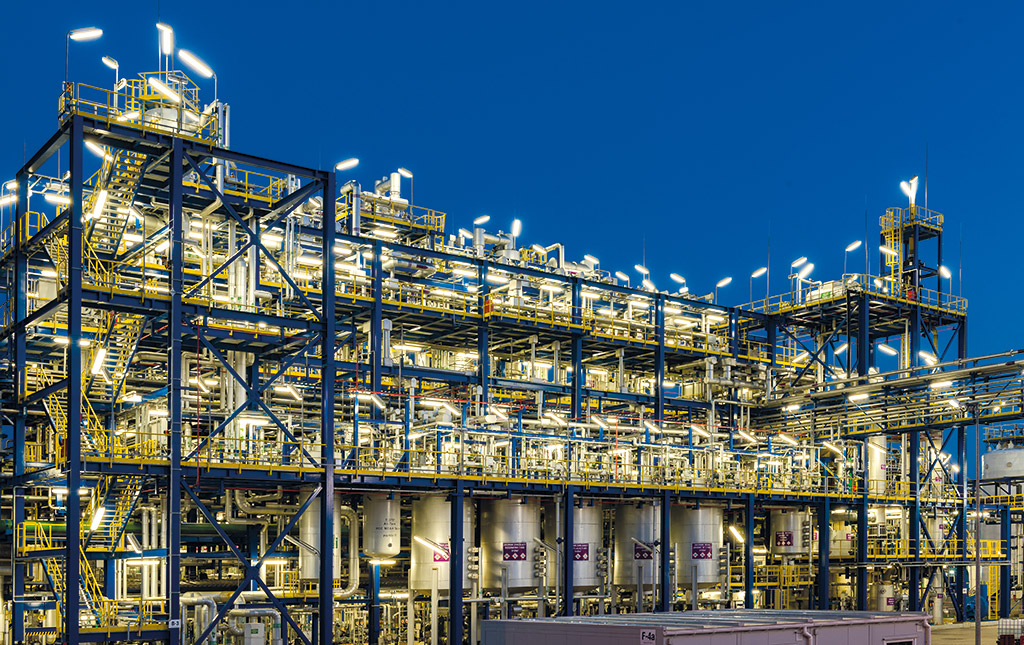
EU investigates state aid to MCAA player
Submitted by:
Andrew Warmington
The European Commission has opened an in-depth investigation to assess whether two support measures that Poland granted to PCC MCAA to invest in a new monochloroacetic acid (MCAA) plant in 2012-13 were in breach of EU rules on regional State aid. This follows a complaint by a competitor.
PCC MCAA's facility at Brzeg Dolny (pictured) has 42,000 tonnes/year of ultra-pure MCAA capacity and came onstream in late 2016. This has since been increased by 25% with the potential to go up to 100,000 in the medium term.
To do this, PCC, a subsidiary of the PCC Group, received €16 million in a direct grant and up to €23 million in tax exemptions, which Poland believed to be covered by the General Block Exemption Regulation (GBER) of 2008 and thus not needing to be notified to the Commission.The latter was revoked in 2016 after the Polish authorities decided that it had been in breach of the GBER, but PCC appealed it in national courts and this is still ongoing. An unnamed competitor - Nouryon, CABB and Merck KGaA also produce MCAA in Europe - has complained that the direct grant constituted state aid that should have been notified and was not compliant.
The Commission's preliminary view is in favour of the complaint, that both measures were state aid and it should have been notified. It also doubted that the measures were in line with EU rules and had the required 'incentive effect' and that the amounts involved may have exceeded the maximum level allowed. Moreover, since the European MCAA market was in 'absolute decline' at the time, the grants may have "contributed to a substantial capacity increase by PCC in an underperforming market, leading to possible undue distortions of competition", the EC said.
